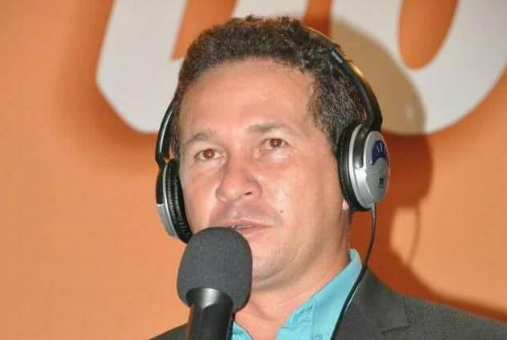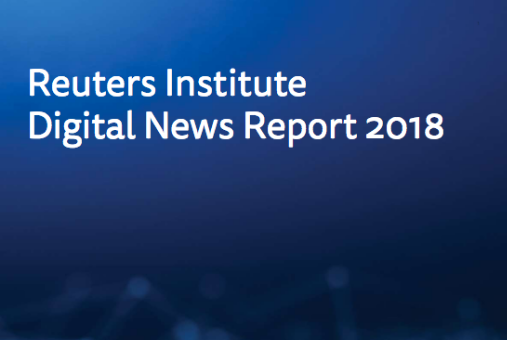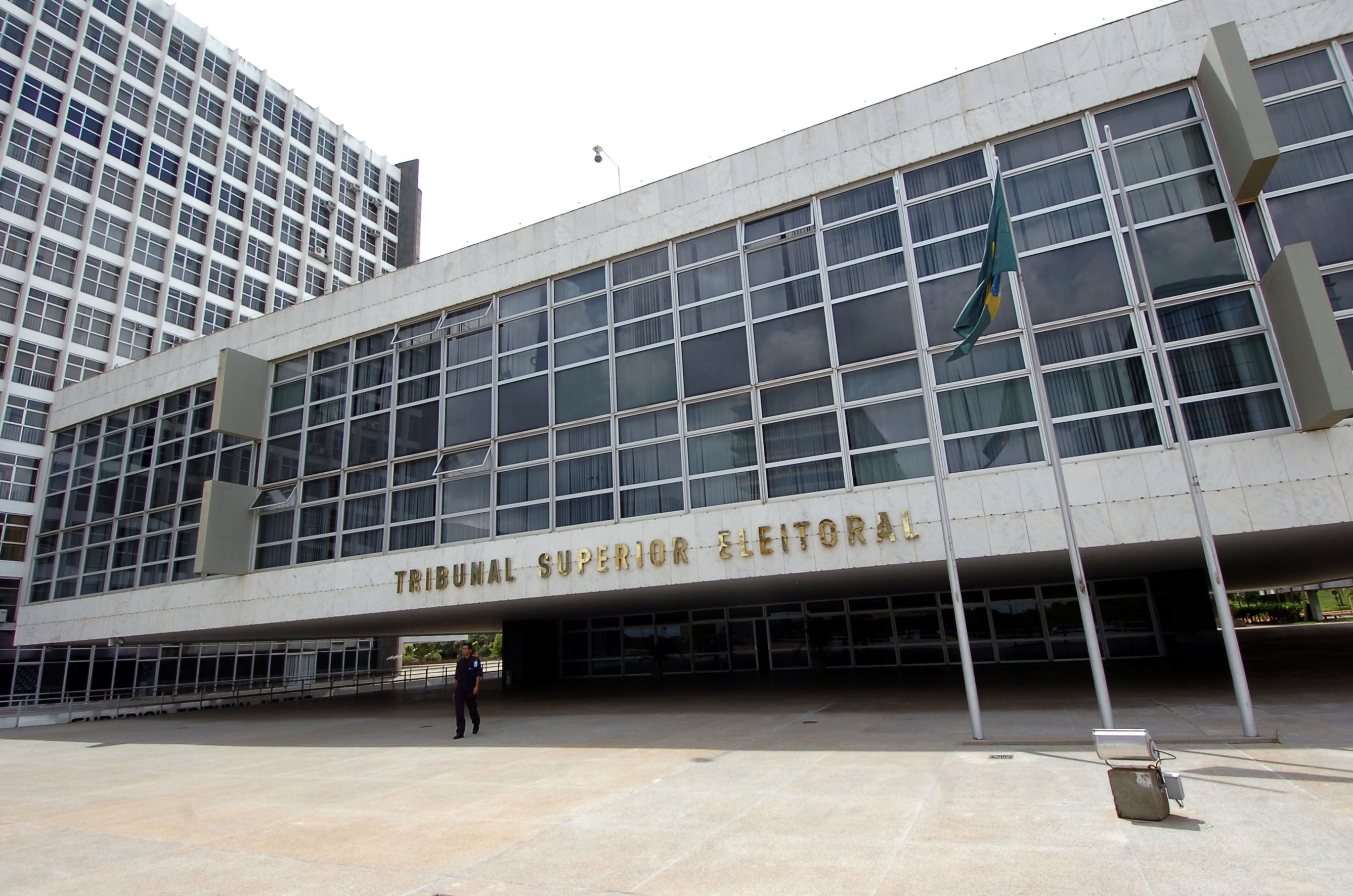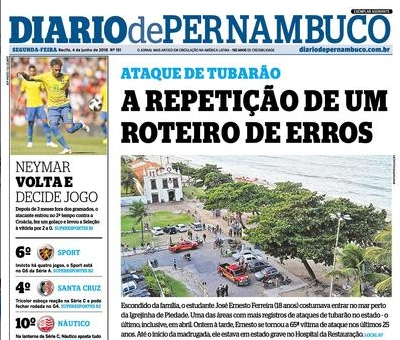Brazilian journalist Claudio Weber Abramo, aged 72, died on Aug. 12 in São Paulo. A mathematician by training and a Master in philosophy, Abramo has been celebrated by his colleagues and friends as a pioneer of data journalism in Brazil and for his unshakeable defense of transparency and access to public information.
In Brazil, children's supplements in large newspapers were kids’ gateways to print journalism and the main space for the development of journalism for children and teens in the country for a long time, according to Juliana Doretto.
One in five Brazilians live in municipalities that do not have newspapers and local news sites or TV and radio stations. The "news deserts" correspond to just over half of the Brazilian municipalities, where 40 million people that are not served by local news coverage live.
Two Argentinian and one Brazilian journalist are among the recipients of the 2018 Maria Moors Cabot Prize recognizing careers that further inter-American understanding.
This is the second case of the Tim Lopes Program for the Protection of Journalists since Abraji launched the initiative in September 2017 to investigate murders, assassination attempts and abductions of media professionals and to continue the reports interrupted by the killers.
The Inter-American Court of Human Rights condemned Brazil for its negligence in investigating, prosecuting, and punishing those guilty of torture and murder of journalist Vladimir Herzog in 1975, in the context of the country's military dictatorship.
For the Comprova (Prove) project, journalists from 24 media outlets will partner to cross-check content heavily circulated in Brazilian social networks that is related to elections.

Radio journalist Jairo Sousa was killed while arriving at Rádio Pérola FM in the northern state of Pára in the early morning of June 21. He was going to host his program “Show da Peróla.”

The 2018 Digital News Report from the Reuters Institute for the Study of Journalism (RISJ) surveyed four Latin American countries and found that in each case, a majority of respondents are accessing their news from their smartphones.

In 2018 several Latin American countries will see presidential elections, and with them, the risk of widespread misinformation caused by fraudulent news. In Brazil, concern about the problem has moved public authorities, and within four months of the election, the Superior Electoral Court has made its first decision regarding the fight against fraudulent news in the electoral context.

Founded in 1825, Brazil’s Diario de Pernambuco newspaper faces a financial crisis that has cut a third of its newsroom and keeps its employees on edge in the face of delays in the payment of salaries and suspense over the daily’s future.
Two Brazilian fact-checking agencies and their collaborators have been targeted by virtual attacks due to a newly launched partnership with Facebook against the spread of false news. Personal attacks on journalists and criticism of the honesty of the agencies have come from right-wing groups accusing the agencies and journalists of attempting to censor and acting with a leftist ideological bias, according to BuzzFeed News.